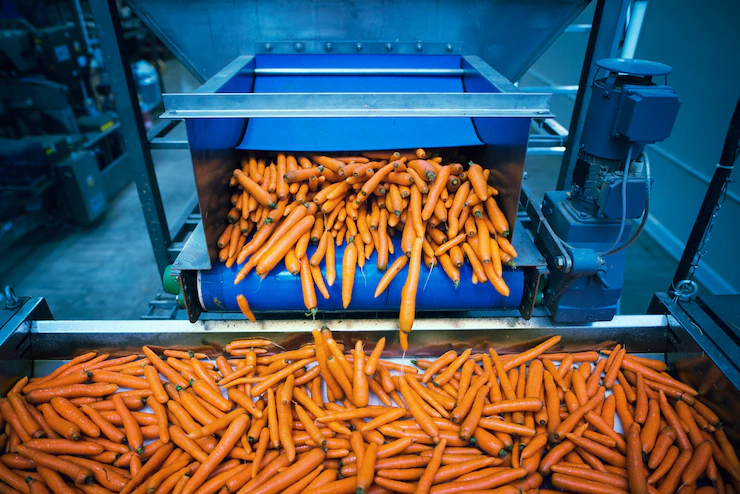Cooperative business models in agroprocessing have shown great potential for enhancing the economic and social well-being of farmers and communities. These models involve collaboration and collective decision-making among agricultural producers to jointly process and market their products. Here are some key points exploring the potential of cooperative business models in agroprocessing:
- Value addition and increased income: Agroprocessing cooperatives enable farmers to add value to their raw agricultural products through processing and manufacturing. By collectively pooling their resources and expertise, farmers can access processing facilities and technologies that would be otherwise financially unfeasible for individual farmers. This value addition leads to higher-quality products and increased income for cooperative members.
- Cost-sharing and risk reduction: Cooperatives provide a platform for farmers to share the costs and risks associated with agroprocessing. By pooling their resources, members can collectively invest in infrastructure, equipment, and research and development, reducing the financial burden on individual farmers. This sharing of costs also helps in mitigating the risks associated with fluctuating market prices and production uncertainties.
- Market access and bargaining power: Agroprocessing cooperatives enhance the market access of small-scale farmers. By consolidating their produce, cooperatives can negotiate better deals with suppliers, processors, and retailers. This collective bargaining power allows farmers to secure fair prices, access larger markets, and compete with larger agribusinesses. Additionally, cooperatives can brand and market their products collectively, increasing their visibility and competitiveness in the market.
- Knowledge and skill sharing: Cooperative models promote knowledge and skill sharing among farmers. By working together, farmers can exchange best practices, techniques, and innovations in agroprocessing. This collaborative learning environment fosters the adoption of new technologies and improved farming and processing methods, leading to increased productivity and efficiency.
- Social and community development: Agroprocessing cooperatives contribute to the social and economic development of rural communities. They create employment opportunities, especially in processing and manufacturing activities. Cooperatives often prioritize local hiring, which helps to retain skilled labor in rural areas and reduce migration to urban centers. Moreover, cooperatives can reinvest their profits into community projects, such as education, healthcare, and infrastructure, fostering overall community development.
- Sustainability and environmental stewardship: Cooperative business models in agroprocessing can promote sustainable agricultural practices. By collectively implementing environmentally friendly techniques, such as organic farming, water conservation, and waste management, cooperatives can reduce the ecological footprint of agricultural production and processing. This contributes to long-term sustainability and supports the growing consumer demand for sustainable and ethically produced goods.
While cooperative business models offer significant advantages, they also come with challenges. These challenges include managing collective decision-making, ensuring equitable participation and benefits for all members, maintaining financial viability, and addressing potential conflicts among members. However, with proper governance structures, strong leadership, and effective management, these challenges can be overcome, enabling agroprocessing cooperatives to thrive and contribute to rural development.
In summary, cooperative business models in agroprocessing have immense potential to enhance the economic viability of farmers, improve market access, promote sustainability, and foster community development. By working together, farmers can overcome individual limitations and create a collective force that benefits all members involved.







